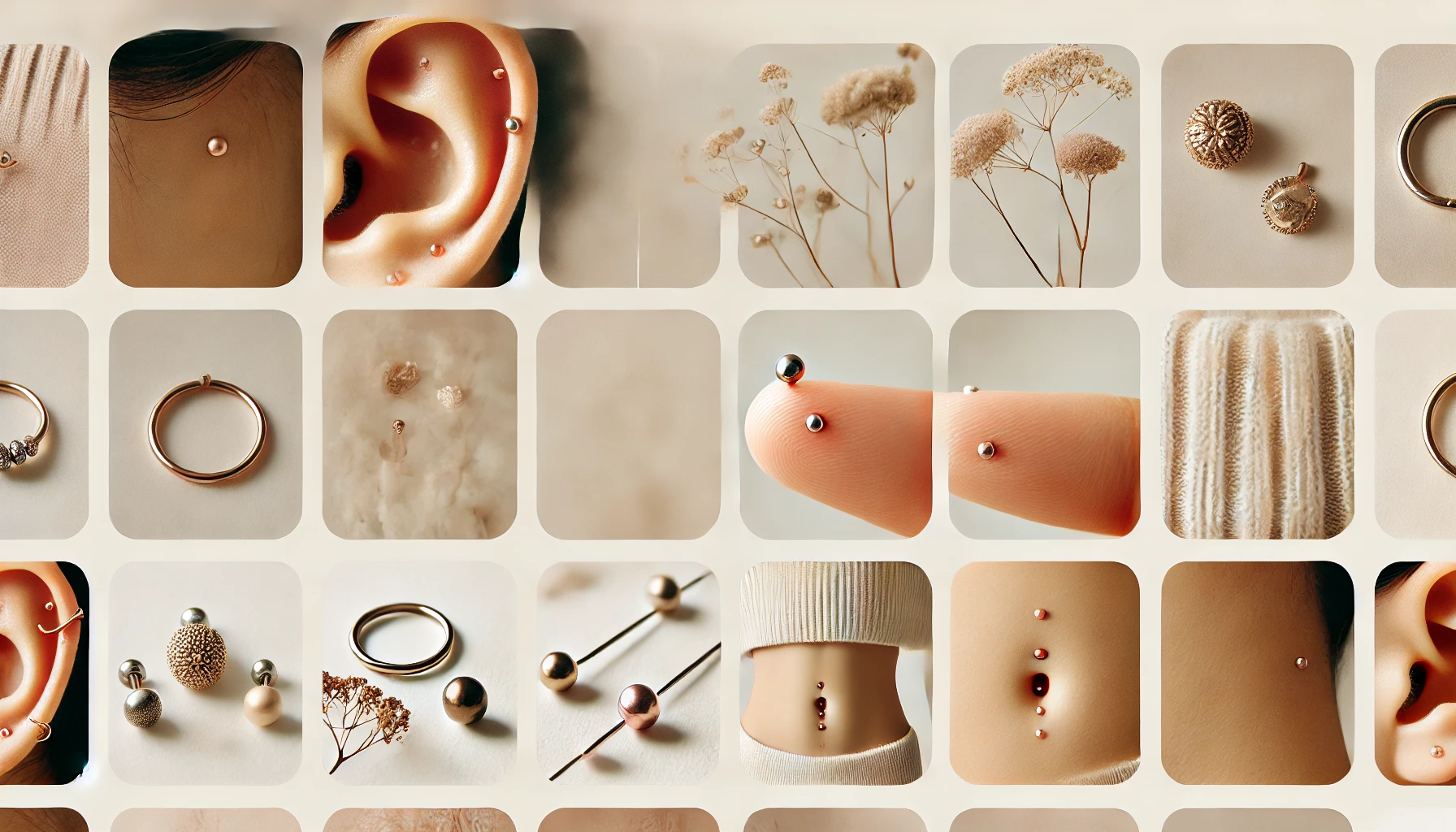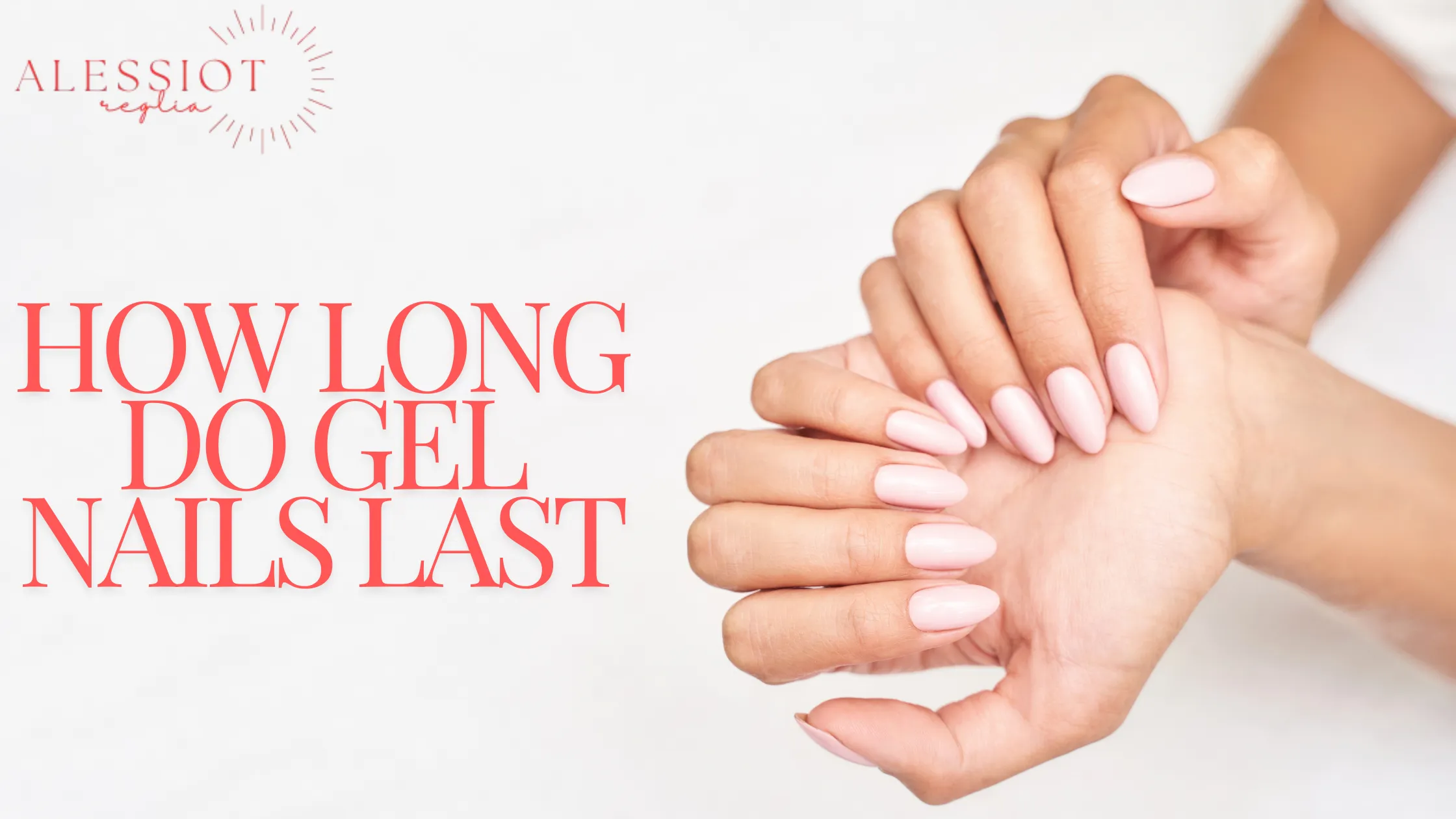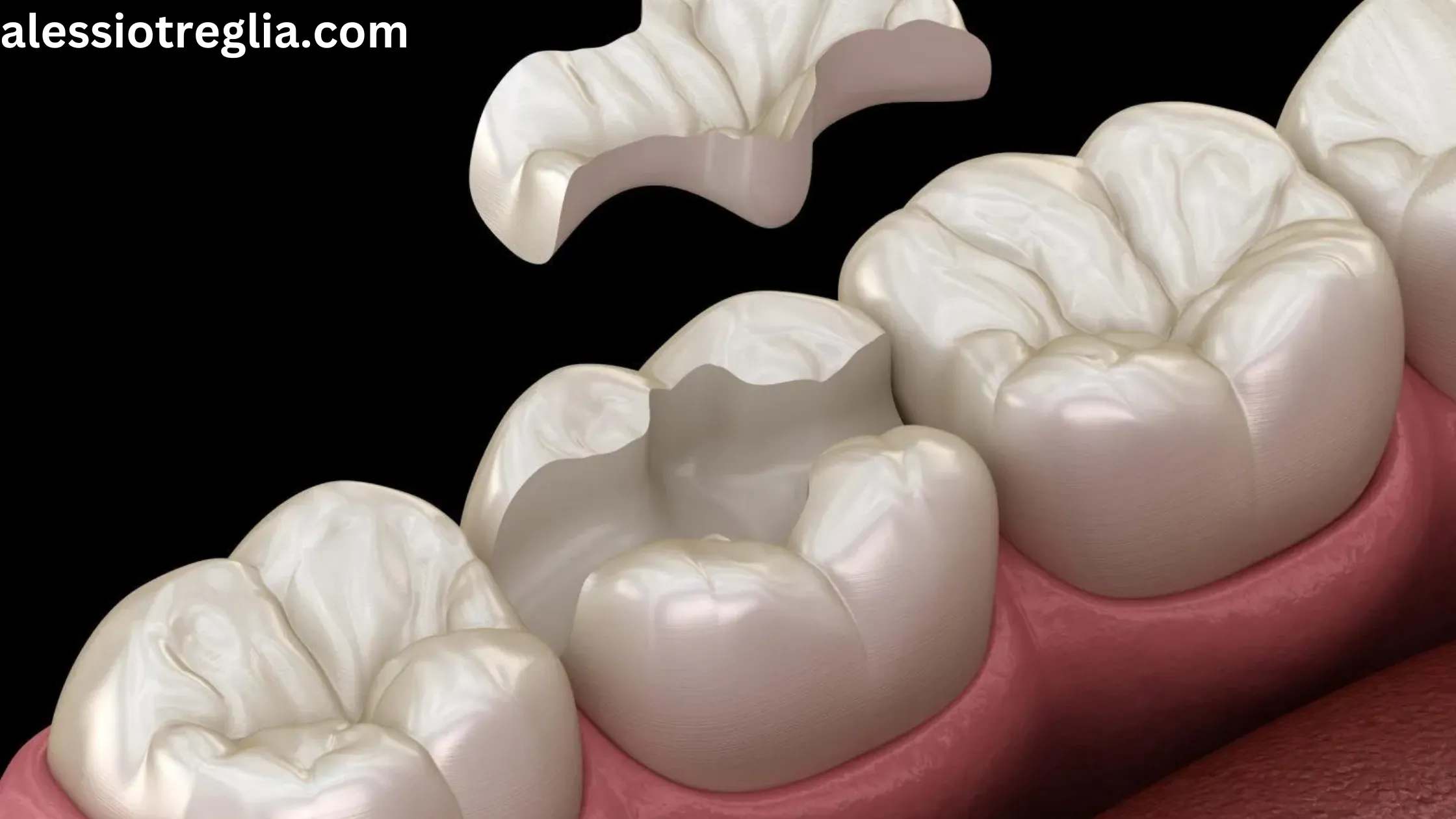How Long Does It Take for a Piercing to Close? Shocking Truth Revealed!
Table of Contents
Body piercings are a form of self-expression, but you might decide to take them out at some point. You may be wondering: How Long Does It Take for a Piercing to Close? The answer can vary based on several factors, such as the piercing, how long you’ve had it, and how well it was cared for. In this article, we’ll explore everything you need to know about how long does it take for a piercing to clos, with details for different types of piercings and tips for caring for them after removal.
Factors That Affect How Long It Takes for a Piercing to Close
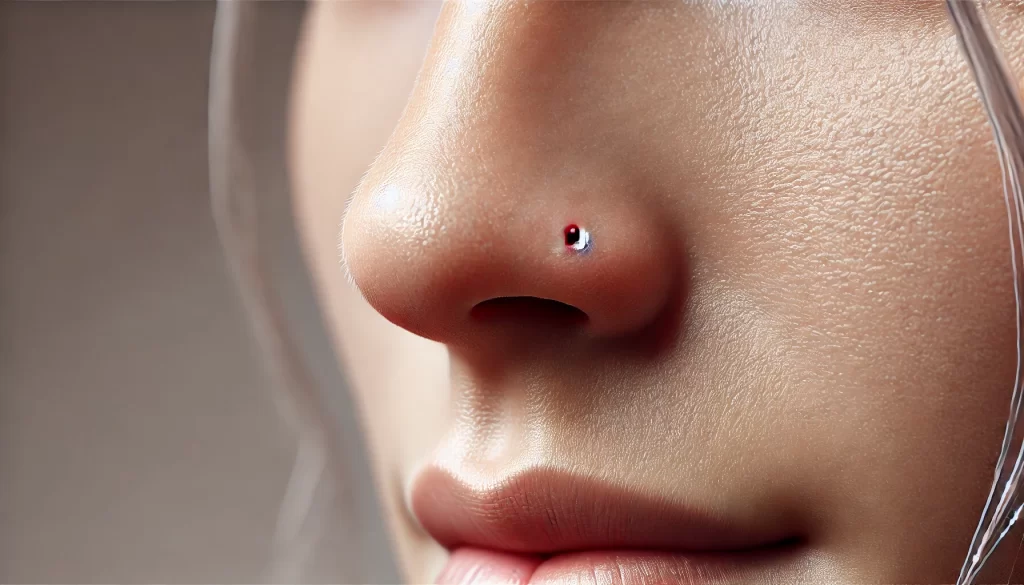
When asking how long does it take for a piercing to close, it’s essential to understand that each person’s body heals differently. Some piercings may close quickly, while others could take months. Here are the main factors that affect this process:
Age of the Piercing
How Long Does It Take for a Piercing to Close? One of the most significant factors is how long you’ve had the piercing. Fresh piercings close much faster than older ones. Your piercing may close within hours or days if it is only a few months old. However, a piercing that has been in place for years may take much longer to close fully or never fully close.
Type of Piercing
The location of your piercing matters when considering how long does it take for a piercing to close. Some piercings close faster than others. For example:
- Ear lobes tend to close quicker because they are in an area with soft tissue.
- Cartilage piercings: Cartilage piercings, like those in the upper ear or nose, often take longer to close due to the hardness of the tissue.
- Body piercings: Piercings in areas like the belly button or nipples may take even longer to close, depending on how long they’ve been in.
Healing Process
Proper healing and aftercare can also determine how long does it take for a piercing to close. If the piercing wasn’t given the appropriate care or got infected, it might not heal well, leading to a slower closing process. On the other hand, well-cared-for piercings tend to close faster once the jewelry is removed.
How Long Does It Take for Different Piercings to Close?
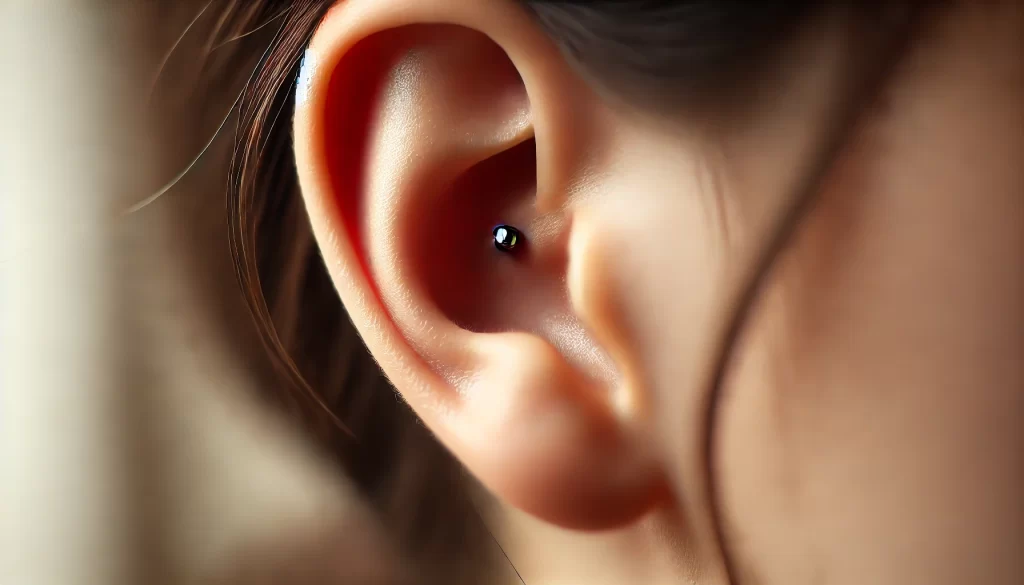
Ear Piercings
How long does it take for an ear piercing to close? If your ear piercing is fresh (less than six weeks old), it could close up within hours or days. If you’ve had it for longer than that, it could take several weeks or even months to close completely.
- Lobe piercings: These usually close up faster. A new lobe piercing might close within 24 hours, while older ones may take a few weeks.
- Cartilage piercings: Piercings like a helix or tragus may take months to close, significantly if fully healed.
Nose Piercings
I’m wondering how long does it take for a nose piercing to close? Nose piercings, especially relatively new ones, may close within hours or days once the jewelry is removed. If the piercing is over a year old, it might take several weeks to close fully.
Belly Button Piercings
How Long Does It Take for a Piercing to Close? Belly button piercings can be slower to close than ear or nose piercings. If the piercing is fresh, it could close within a few weeks. However, if it’s fully healed, it may take six months or longer to close.
Lip and Tongue Piercings
How Long Does It Take for a Piercing to Close? If they’re new, lip and tongue piercings can close up in as little as a few hours. A fully healed piercing may take a few days to weeks to close. It’s important to note that oral piercings like these can start closing quickly, even if you’ve had them for a while.
Nipple Piercings
For nipple piercings, the closing time varies greatly. If the piercing is fresh, it might close in weeks. But if you’ve had the piercing for a long time, it could take several months to a year to fully close.
How Can You Help a Piercing Close Faster?
How Long Does It Take for a Piercing to Close? If you’re hoping for your piercing to close quickly, here are a few tips:
- Leave the jewelry out: Once you remove the jewelry, avoid reinserting it. Putting the jewelry back in can delay the closing process.
- Keep the area clean: Regularly cleaning will help prevent infections and support healing.
- Avoid touching the piercing: Constantly touching or playing with the piercing can slow down the closing process.
- Use a saline solution: Applying a saline solution to the area can promote healing and closure.
Can a Piercing Reopen After It Has Closed?
Many people ask if a piercing can reopen after it has closed. Sometimes, closed piercings can be reopened by reinserting jewelry, especially if the piercing is only partially closed. However, this should be done cautiously, as forcing jewelry into a closed hole can cause pain, infection, or scarring. It’s usually best to visit a professional piercer to safely reopen the hole for piercings that have been closed for a long time.
Also Read: How Long Does IBS Last? Discover the Unexpected Truth!
Signs That Your Piercing Is Closing
How Long Does It Take for a Piercing to Close? Is your piercing closing? Here are a few signs to look out for:
- Tightness: If reinserting your jewelry feels tighter than usual, your piercing may be starting to close.
- Difficulty inserting jewelry: Struggling to put jewelry back in signifies that the piercing is beginning to close.
- Skin healing over If the hole looks like it’s beginning to heal, your piercing is closing.
So, how long does it take for a piercing to close? As we’ve discussed, it depends on several factors, such as the type of piercing, how old it is, and how well it was cared for. Fresh piercings may close in hours, while older ones can take weeks, months, or even years to close fully. No matter the type of piercing, patience is key when waiting for it to close.
How Long Does It Take for a Piercing to Close? If you’re considering removing your jewelry, remember that the closing process may not happen overnight, especially for older piercings. How Long Does It Take for a Piercing to Close? But by following the tips and giving your body time to heal, you can close your piercing in the timeframe that works for you.
